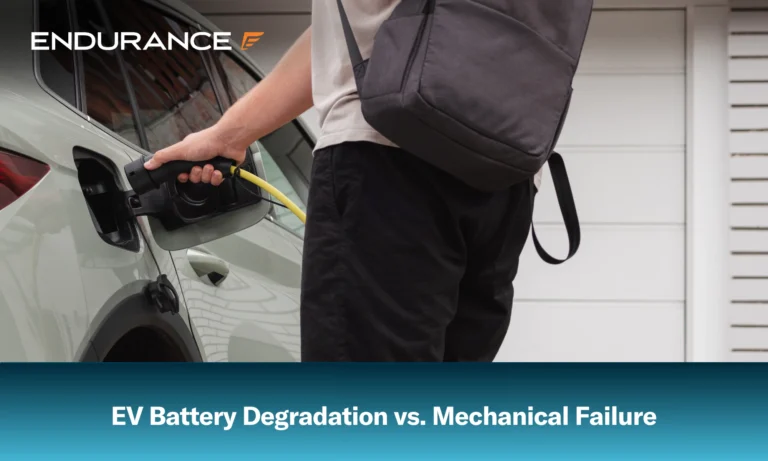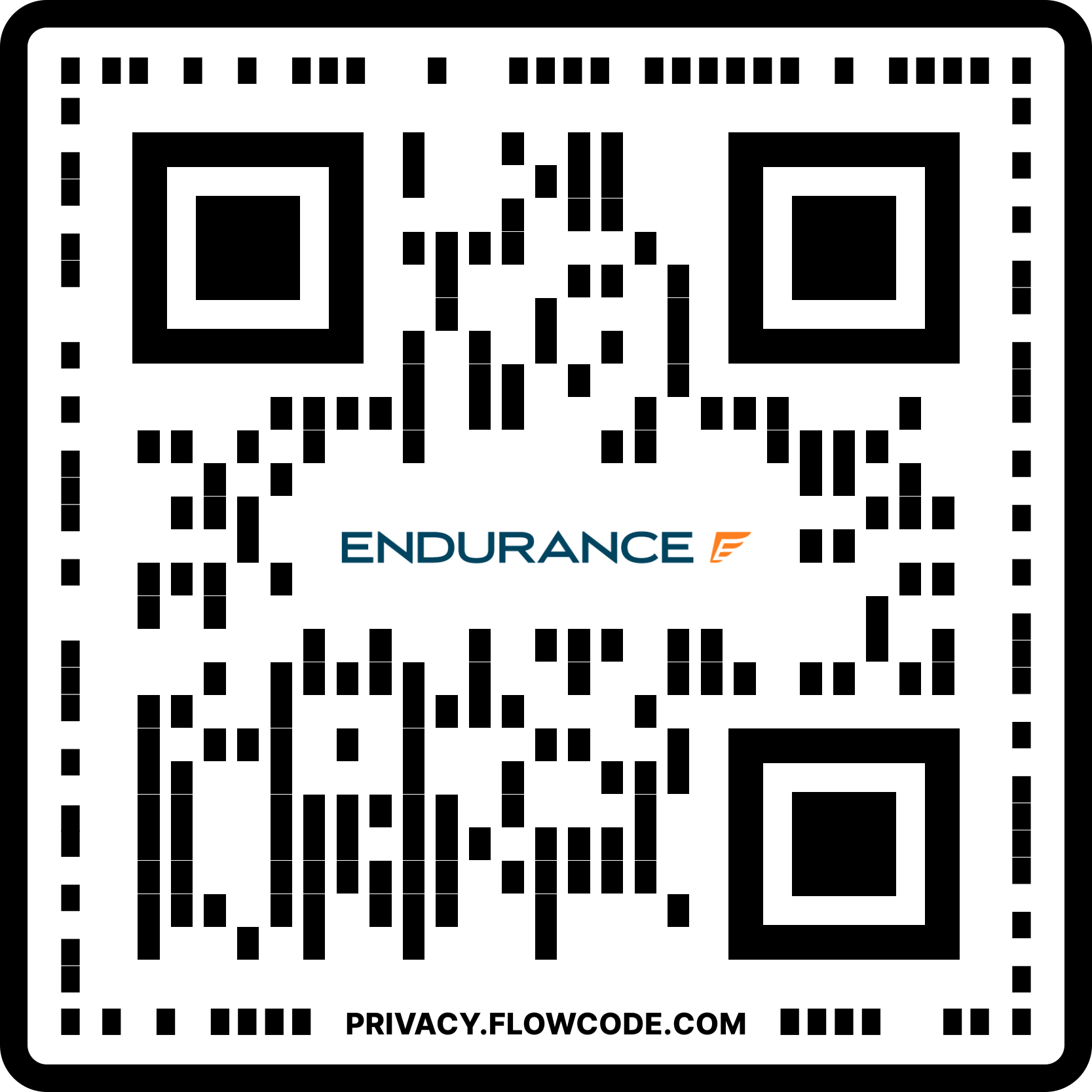3rd-Party Car Warranties Explained: Pros, Cons, and How to Choose

When your factory warranty expires, a third-party car warranty (also known as a vehicle service contract) can be a smart way to protect yourself from unexpected repair bills. The pros include broader eligibility for high-mileage or older vehicles, flexible repair options beyond dealerships, customizable levels of coverage, and benefits like roadside assistance and rental reimbursement. However, there are also cons to consider. For example, coverage quality can vary, contract terms may be confusing, and the claims process isn’t always easy, depending on the type of vehicle repair.
In this guide, we’ll break down the positives and negatives and show you how to choose a reliable third-party provider that fits your needs.
What Is a 3rd-Party Car Warranty?
A third-party car warranty is a contract offered by an independent company that agrees to cover the cost of repairs and certain services once your vehicle’s original manufacturer or factory warranty has expired. These warranties are especially useful for people purchasing used vehicles or planning to keep their cars well beyond the initial warranty period.
Unlike the standard manufacturer’s bumper-to-bumper warranty that comes with new vehicles, third-party warranties are optional and customizable. They come in a wide range of coverage levels, from basic powertrain plans to more comprehensive protection. Depending on the provider, these warranties can also include additional services like roadside assistance, towing, rental car reimbursement, and even trip interruption coverage.
One of the most appealing aspects of a third-party warranty is the flexibility it provides. For example, you’re not locked into using a dealership for repairs. Most third-party plans allow you to have your vehicle serviced at any certified repair shop or mechanic of your choice, adding a layer of convenience that factory warranties typically lack.
Moreover, third-party warranties are often available for vehicles that may not qualify for manufacturer-backed plans. High-mileage vehicles, older models, or even exotic and luxury cars can often find tailored coverage options from third-party providers that would otherwise be out of reach.
Key Differences Between Manufacturer Warranties and 3rd-Party Warranties
When considering long-term protection for your vehicle, understanding the distinctions between manufacturer extended warranties and third-party extended warranties is essential. While both aim to cover the repair costs after the original warranty expires, they differ in structure, flexibility, and scope.
Manufacturer extended warranties are typically offered by the automaker at the time of vehicle purchase or shortly thereafter. These warranties are essentially extensions of the original factory coverage and often mirror its terms and conditions. Because they are backed by the vehicle’s manufacturer, they usually require that all covered repairs be performed at authorized dealerships, which can be a total pain if you break down hundreds of miles from one.
On the other hand, third-party extended warranties, also known as aftermarket auto protection plans or vehicle service contracts, are provided by independent companies and can be purchased at any time, even well after the original factory warranty has expired. These warranties tend to offer greater choice in both coverage options and repair facilities. Many allow policyholders to take their vehicle to any ASE-certified mechanic, making help more accessible no matter where you are.
Another key difference lies in eligibility. Manufacturer extended warranties often have stricter criteria, limiting coverage to new cars or low-mileage vehicles. Third-party warranties, however, can accommodate a wider range of vehicles, including used cars, older models, and high-mileage vehicles.
Customization is another area where third-party providers often shine. While manufacturer plans may be somewhat rigid in structure, third-party warranty companies frequently offer tiered plans, add-on services, and varied term lengths to better suit individual needs and budgets.
In short, while manufacturer extended warranties provide brand-specific reassurance and are often seamlessly integrated into dealership transactions, third-party extended warranties bring added value through flexibility, broader eligibility, and a wider array of coverage options. If that wasn’t enough, they’re usually cheaper too.
Pros and Cons of Choosing a 3rd-Party Provider
Pros, or Positives
One of the biggest advantages of buying an extended warranty from a third-party provider is the variety of coverage options available. Unlike factory warranties, which are usually one-size-fits-all, third-party providers offer an array of plans that can be tailored to suit your specific vehicle and driving habits.
For example, if you’re mostly concerned about expensive engine and transmission repairs, a basic powertrain warranty might work well. On the other hand, if you rely on your vehicle for frequent long-distance travel, a more comprehensive plan could be more appropriate.
Third-party warranties also offer greater accessibility. Many manufacturers stop offering extended protection once a vehicle hits a certain age or mileage threshold. However, some third-party companies, including Endurance, provide coverage options for vehicles over 150,000 miles. This makes them a viable option for used car buyers who want continued peace of mind.
Furthermore, third-party warranties are often transferable to a new owner if you decide to sell your car. This can enhance the resale value and make your vehicle more attractive to prospective buyers.
Many third-party plans even come with bonus features like roadside protection, trip interruption costs, and more. These perks offer long-term value beyond just helping to cover the cost of repairs.
Cons, or Negatives
Despite these advantages, third-party warranties are not without any drawbacks. For one, the quality and reliability of coverage can vary significantly from one provider to the next. It’s not uncommon to find companies with less-than-stellar reputations for customer service or claim denial practices.
The language in some third-party warranty contracts can also be complex and hard to decipher. Some plans include numerous exclusions, which could lead to denied claims if the fine print isn’t fully understood. This is why it’s critical to review the details of any contract carefully and ask questions before committing.
Lastly, turnaround times for approval and reimbursement may vary depending on the provider, which could delay essential repairs if you’re working with a less responsive company.
Ultimately, it all depends on who you choose to go with. Take your time doing research and only pick a provider you’re certain you can trust to come through on their promises.
How to Evaluate 3rd-Party Warranty Companies
Choosing a third-party warranty provider should be approached with the same level of diligence as buying a car. The last thing you want is to be locked into an expensive contract that isn’t worth the paper it’s printed on.
Here are key factors to consider:
- Reputation: Check customer reviews and ratings on websites like the Better Business Bureau and Trustpilot. Pay attention to common themes in both positive and negative reviews.
- Coverage Transparency: Make sure the contract clearly outlines what’s covered, what isn’t, and under what circumstances. Reputable companies will not shy away from explaining these details.
- Claims Process: A good warranty company should offer a simple and transparent claims process. Look for providers that allow direct payment to repair facilities rather than reimbursement-only models.
- Customer Support: Test out the company’s responsiveness by calling or emailing them with questions. A knowledgeable, friendly, and prompt support team is a strong indicator of a reliable company. Some providers even have mobile apps.
- Repair Shop Flexibility: Ensure the provider allows you to choose from a wide network of licensed mechanics or ASE-certified shops.
- Additional Benefits: Some warranties come with valuable extras such as towing, rental reimbursement, and travel interruption benefits. These add-ons can save money and inconvenience when your car is in the shop.
- Time Established: Companies that have been around for longer are more likely to still be around when you need them. This is an often-overlooked factor, but incredibly important for long-term coverage.
What Types of Repairs Are Typically Covered?
The types of repairs covered by an extended car warranty vary widely depending on the plan you choose. However, common components and systems often include:
Powertrain coverage, which is the foundation of most extended warranties, usually includes essential elements like the engine, transmission, and drivetrain. These are among the most expensive parts to repair or replace, making this type of coverage incredibly valuable.
More comprehensive plans may also cover the electrical system, including alternators, starters, and even in-dash electronics in some cases. Similarly, air conditioning and heating components such as the compressor and condenser are typically included in mid-to-high tier plans.
Suspension, fuel systems, braking systems, and steering mechanisms can also fall under extended warranty coverage depending on the plan. Some premium warranties can even extend to high-tech features like GPS navigation systems, backup cameras, and infotainment screens.
It’s important to understand whether your warranty plan is exclusionary (covers everything except what is listed) or inclusionary (only covers what is listed). This can significantly affect your out-of-pocket expenses when it comes time for a repair.
Why Endurance Is a Trusted Name in Third-Party Auto Protection
Widely known as America’s most trusted third-party provider, Endurance has emerged as a leader in the vehicle service contract space thanks to its comprehensive coverage options and customer-first philosophy.
We offer a wide array of plans that cater to different needs and budgets. From basic powertrain coverage to protection most similar to the manufacturer warranty that accompanies a new car, there’s an option for almost every vehicle and driver. We even cover high-mileage vehicles, something many competitors are unwilling to do.
Endurance plans also come with a great package of additional benefits, including 24/7 roadside assistance, towing, rental car reimbursement, and even trip interruption coverage if you’re stranded far from home. You also benefit from a 30-day money-back guarantee and your choice of deductible, giving you plenty of time to be sure your plan and financial investment are just right.
Choose Endurance to Fix Your Major Repairs
For many drivers, a third-party extended car warranty can be a total game-changer. It offers a safety net against expensive repairs, provides access to essential services like roadside assistance, and delivers the kind of reassurance every car owner deserves. However, not all warranties are created equal. Doing your homework, understanding what the warranty covers, and choosing a reputable provider are key steps in ensuring you get the most out of your investment.
Whether your goal is to protect your vehicle for the long haul or simply to cover the cost of repairs after your manufacturer’s warranty ends, Endurance offers a reliable and flexible solution. If you’d like to learn more about how we can help you and your vehicle, call an Endurance plan advisor at (800) 253-8203 or request a FREE email quote. You can also shop our eStore to see plan recommendations and pricing right away.
Check out our extended warranty blog for other articles on vehicle protection, DIY routine maintenance, mechanical breakdown insurance for drivers in California, and more.













Chris has been covering the automotive industry and topics ranging from road trips to driverless car technology for around 10 years. His own preference is for retro 4x4s that will stand up to a muddy field in the country.